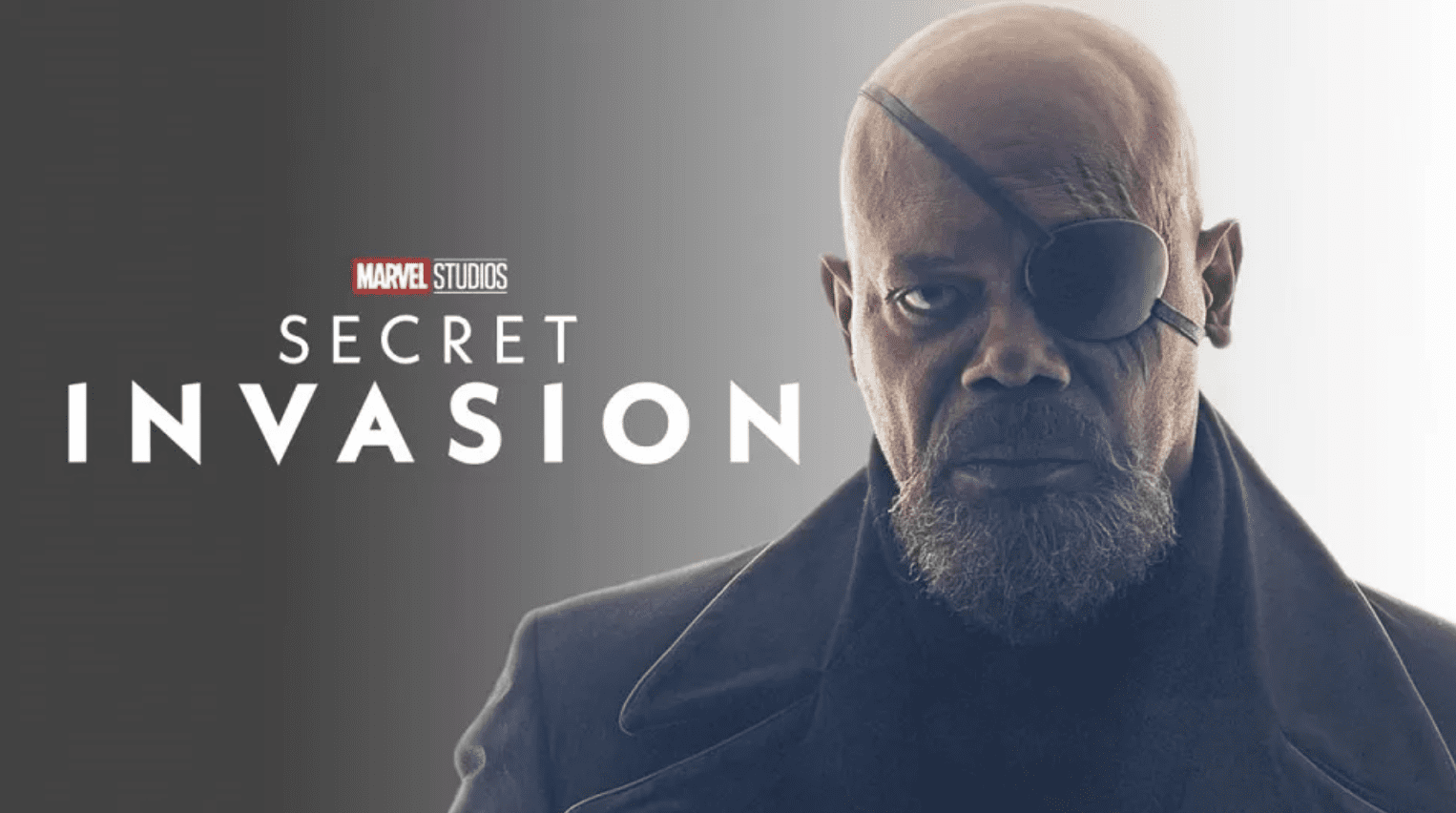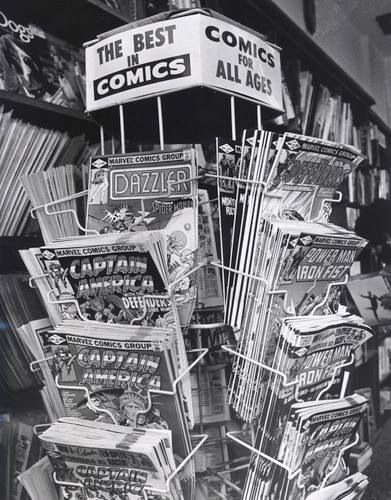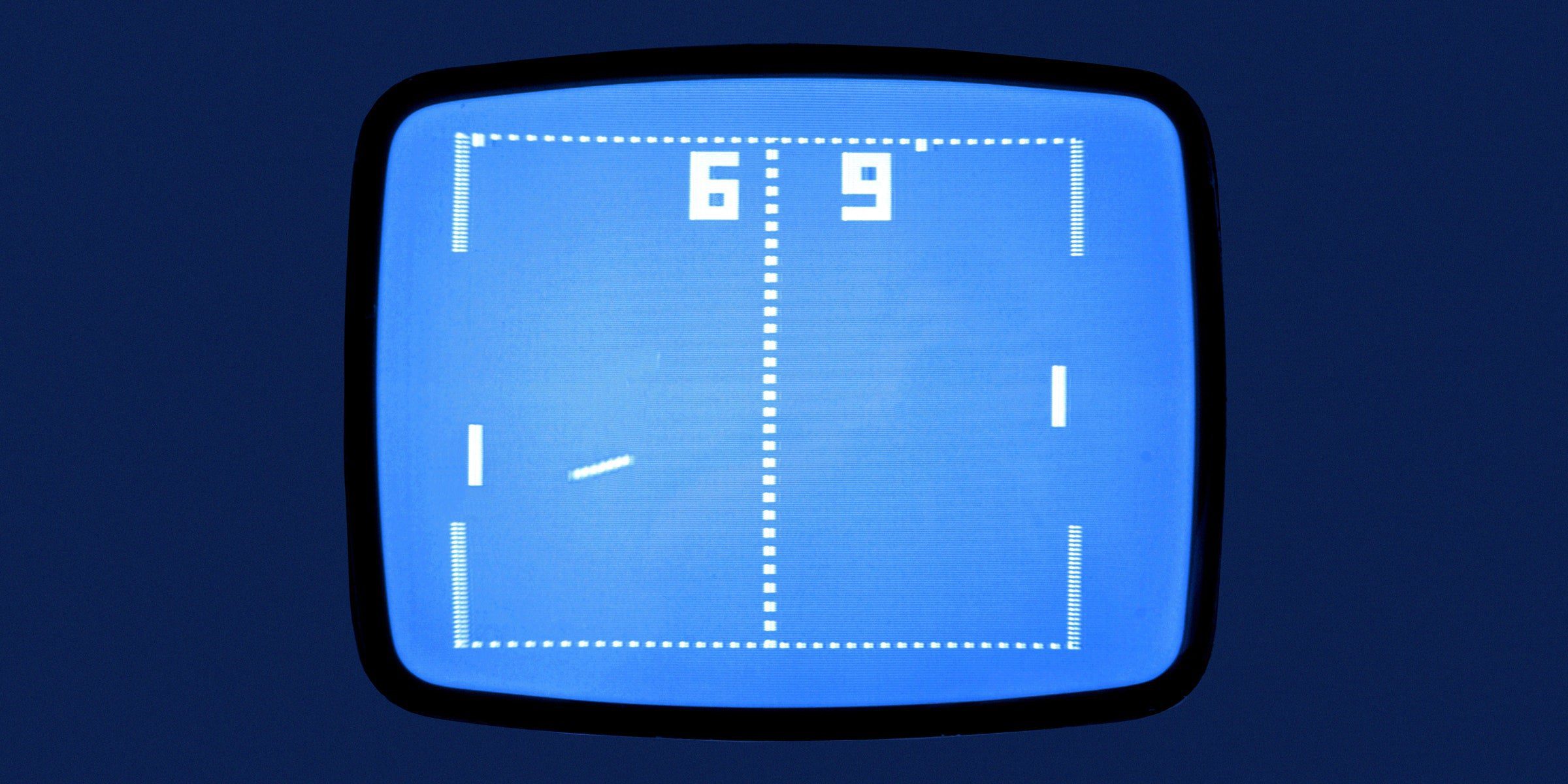Author Peter C. Mitchell discusses how nerd culture has shifted in the past 50 years
A long time ago, in a galaxy not too far from your front porch . . . .
An unpopular war was winding down in the jungles of Vietnam; a President was under threat of impeachment; the twin towers of the World Trade Centre opened their doors to the public for the first time; and a young lad was coming of age in Hamilton, Ontario after his parents had left the waning British Empire behind to start life anew in Canada.
Hamilton in the early 1970s hardly resembled the uncivilised sand-choked desolation of Tatooine –we had colour television– but it was far enough removed from the world’s chaos to grow up unencumbered by fear or corruption. The days of my childhood were –dare I say it– nauseatingly halcyon; but as a growing fan of popular culture, my options were limited.
There were no computers, no Smart Phones, no search engines, no chat rooms. When you shut the front door at the end of the day you shut out the world. No one could reach you. Sure, someone could ring your landline phone, but the simple act of taking the receiver off its cradle ensured you were truly, gloriously disconnected.
As a child, you would return at the end of the school day, make a half-assed attempt at your homework, then flick on the television or hunker down with your favourite comic books. It was a solitary, but not lonely life. Whole worlds of imagination opened their doors in the comfort of your own home. However, sharing those worlds with others outside your own front door was “virtually” impossible. It was easier to complete the Twelve Labours of Hercules or clean your room to get your mother off your back.
Although the first Comic Book Convention had debuted in New York as far back as 1964, they had yet to take the world by storm and were for the most part unreachable for the average fan. The bus fare alone would eat up your allowance. You could only share your passions with local friends on the playground at recess, or parks and backyards on weekends. Cosplay was limited to a towel tied around your neck and a ratty pair of long underwear. My family could have funded a SpaceX flight with the money they spent replacing towels. Douglas Adams would have been proud.
You bought your comic books from the spinner rack of your local variety store. When you have yet to reach the age of ten funds are strictly limited, so you would choose with the careful deliberation of a stock analyst; weighing up the pros and cons of each cover based on the villains on display, and the insanity of the conflict promised within.
Gradually, you picked your regular favourites (Spider-man, X-Men, Superman, the Hulk) and grew obsessed with the overarching storylines of their heroic journeys. But there was no guarantee the next issue you needed would be stocked. Invariably, the concluding chapter of a two-part story would never appear, and the resolution to the latest cliff-hanger would be denied you indefinitely. Spoilers were as elusive as the Holy Grail and you actively sought them out if only to catch up on the issues you missed. Oh, how times have changed.
The VCR would not be affordable until the 1980s, and the prospect of streaming movies as feasible as flying cars or time travel. If you missed a movie during its initial cinematic release, it was lost to you forever. At best, you could wait a year or two for its television broadcast on one of only three networks, but they would be heavily edited and rife with commercials. Still, it was always fun trying to guess the curse words that were aurally masked with a dainty bleep.
The Planet of the Apes franchise was an early personal favourite, but chronology was as fantastical as talking monkeys. The third film of the series may be broadcast one week, the second a month later, followed by the third again in two months’ time. Wibbly wobbly timey wimey indeed.
I remember one Sunday afternoon thinking I had finally stumbled across the ever-elusive original “Planet of the Apes” being transmitted through a local television station, only to be disappointed when I was informed it was actually “2001: A Space Odyssey” during the first commercial break. Ultimately it didn’t matter. It had monkeys; it had spaceships –I was happy. (Decades later at the ripe old age of 53, monkeys and spaceships are still all I really need to be content at the end of the day. Adulthood is the world’s greatest fiction. Don’t tell the children. Keep the lie alive.) And it resulted in my discovery of the works of Arthur C. Clarke, followed by Isaac Asimov, followed by Frank Herbert, followed by. . . . you get the idea. The magic of special effects has only recently allowed these sci-fi classics to be brought to life in visually believable detail. Fortunately, books don’t need special effects.
Gaming too was in its Jurassic stage. We moved pieces around a board on our kitchen table. Scrabble. Monopoly. Clue. Backgammon. (Sorry was banned in our household because it always erupted in violence after my sister and I discovered the joy of saying “Sorry” with dripping sarcasm –a trait that has actually served us well in adulthood. The sarcasm; not the violence.)
You don’t miss what you never had, and we were more than happy to whittle away the hours with our board games and their colourful paraphernalia, cheating at every available opportunity. Until that fateful Christmas Santa brought a gift that changed the lives of millions forever.
Pong.™
Table tennis you could play on your television screen! It was crude. It was simple. But it was as mind-blowing as Quantum Physics, and we were hooked.
Calling the graphics ‘basic’ is overgenerous. A rectangle represented your paddle. A square, the ball. It wasn’t even advanced enough to allow for colour options. The gameplay was in black and white, and laughably rudimentary in hindsight. You moved your verticle paddle up and down the television screen with a twist of the knob on your clunky control paddle while trying not to let the ball pass you by.
It was more of a challenge trying not to disconnect the cord attaching the game to the television set as your session grew more intense; a frustrating setback eliciting a screaming torrent of ‘bleep’ words that inevitably brought a parental overlord to take the game away for the rest of the day. Usually followed by “I heard that,” in response to the ‘bleep’ word you muttered under your breath at the unfairness of your punishment when you were two points away from beating your high score. The wounds of childhood run deep –even the halcyonic ones.
Staying connected to the television set was problematic. Connecting to the internet to find other keen gamers was another twenty years in the future. Again, you were limited to your friends in the immediate neighbourhood. They actually had to be physically present in your home to play, and they weren’t always available. Pong™ did have a one-player option, but it simply wasn’t the same without challenging yourself against the skills of another. Fortunately, I had a backup playmate available 24 hours a day.
My cat.
Tigger was one of life’s natural born killers; the feline equivalent of Kraven the Hunter from my beloved Spider-Man comics. And she was good. Damn good.
Over the course of her remarkably long life, she single-handedly decimated the blue jay populations in two neighbourhoods. They weren’t her only prey of course, just the species whose local extinction was the most noticeable. Basically, if it moved; it was hers for the killing. More often than not I was the recipient of her wildlife “trophies,” triumphantly dropped at my feet with purring pride. She was hardcore. She was unbeatable. But the Hunter was about to meet her match.
For Tigger was among the very first to be ensnared in the web of virtual reality. That square little ball careening around the television screen became her white whale. While I kept the ball in play she would crouch in front of the television poised for attack; tail twitching in anticipation; muttering and mewling “I’ll get you my pretty,” like the Wicked Witch of the West on a catnip high. When the time was right she would pounce at the television, batting at the screen as she tried to catch her elusive digital prey between her two front paws. It was a Quixotic mission, obviously doomed to failure for all eternity. But she remained undaunted, and the two of us spent hours, days, weeks, and months locked in virtual combat.
A boy and his cat.
Playing Pong.™
Take that, World of Warcraft™.
I could make everyone roll their eyes and wax eloquent about the “good old days.” Because they were good. Great in fact. But there is no denying fandom has evolved exponentially in the decades since I spent weekends perched in my living room, a pile of comic books by my side, playing video games with my cat. It is better, and so much easier to connect with others who share your interests regardless of their geographical location. But it’s not the technology that makes a fan, a fan. It’s the passion. We may not have had the benefits the 21st Century provides, but we didn’t let that hold us back.
Because like life, fans always find a way.
By Peter C. Mitchell


